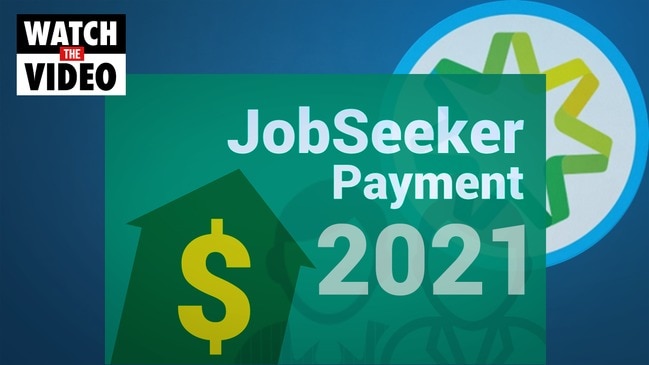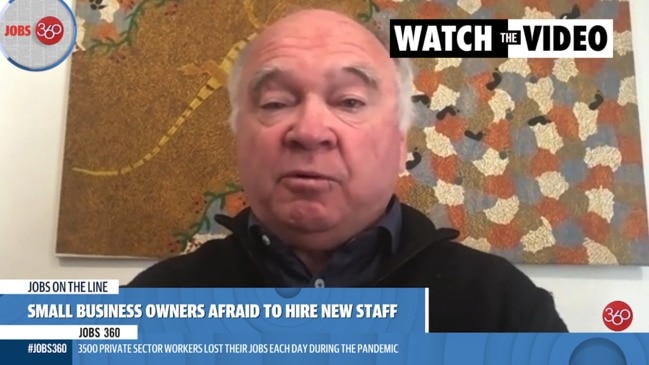Small business advice for surviving after JobKeeper ends
A big majority of JobKeeper recipients have been sole traders and other small businesses, and now it’s time for a vital check-up.

SmartDaily
Don't miss out on the headlines from SmartDaily. Followed categories will be added to My News.
Hundreds of thousands of small business owners are still receiving JobKeeper wage subsidies with just over a week left before the money tap gets turned off.
Government data shows more than nine out of 10 businesses receiving JobKeeper are sole traders or small businesses with fewer than six staff. So what’s next for those struggling to stay afloat, and how can they prepare and hopefully prosper?
H&R Block director of tax communications Mark Chapman says several state government support packages remain in place so it’s wise to check what help is available.
Websites such as business.gov.au, ato.gov.au and sites belonging to state-based business groups contain information about continuing assistance, tax breaks and incentives.
Chapman says small business owners should be revisiting their costs, business premises and their potential for doing more online.


“Don’t expect it going back to the way we were with face-to-face,” he says.
“Start looking at your costs – is there some fat in your business you can trim down?
“If staff are working from home, consider if you still need to pay rent on business premises.
“Look at staffing – that’s what people don’t want to hear but businesses may need to let some people go.”
Legal and business adviser Nick Hitchens, principal of Hitch Advisory, says business owners should have a good look at their operations to ensure they won’t be mired in COVID-related debt for years.
“Own the fact that COVID sucks,” he says. “Is the small business truly viable or is it pumped up because of stimulus?”

Hitchens says business owners need comprehensive cash flow and solvency plans, and if these aren’t positive they should seek professional insolvency advice.
“Small to medium business directors need to be particularly aware of the overlap between business and personal liabilities, particularly in relation to personal guarantees given to landlords and creditors, as well as PAYG and superannuation obligations,” he says.
“These can result in personal bankruptcy if not proactively managed.”
However, insolvency does not always mean a business closes or a director faces criminal charges, Hitchens says.
These misconceptions, the stigma of insolvency and entrepreneurial self-confidence can often stop business owners from taking advice before it’s too late, he says.





